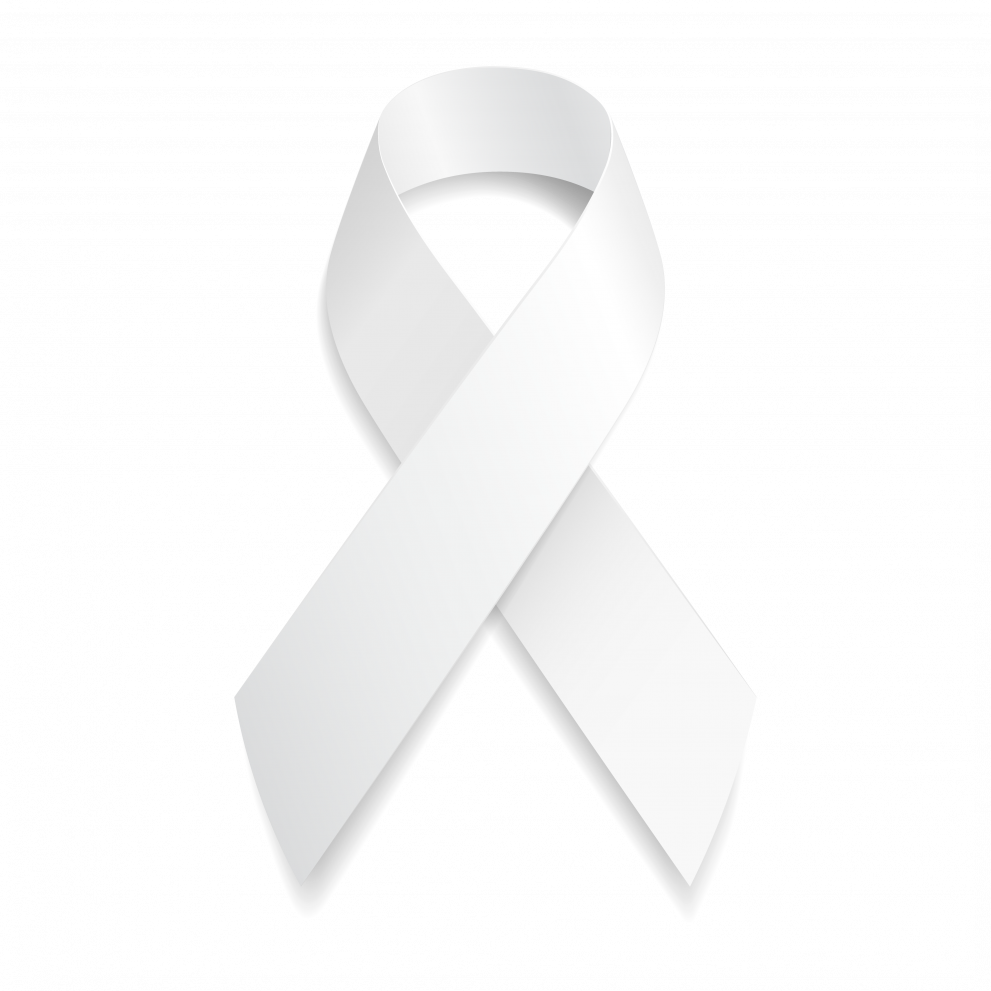
Next to the COVID-19 pandemic, medical staff and patients are still addressing diseases such as cancer. Breakthroughs in cancer treatment have an enormous impact on the wellbeing of our society, irrespective of Covid-19. For example, according to the World Health Organisation, lung cancer was the fourth-largest cause of death in high-income countries in 2019, with research of the European Joint Research Centre illustrating that lung cancer accounts for 20% of the total cancer deaths in 2020. To continue saving lives, research into the different types of cancer and how available technologies can help is continuing.
In order to support the fight against cancer, Europe's Beating Cancer Plan was presented on World Cancer Day, 4 February, by the European Commission. This plan is labelled as a key priority of the von der Leyen Commission and a cornerstone of a strong European Health Union. By using the fundamental ideas of new technologies, research and innovation as a basis, the Cancer Plan lays the foundation for a new EU approach to cancer prevention, treatment and care.
One of the immediate effects of the Cancer Plan is the SAMIRA Action Plan – the Strategic Agenda for Medical Ionising Radiation Applications. SAMIRA aims to improve EU coordination and ensure that EU citizens have access to high-quality radiological and nuclear technologies in medicine with the highest safety standards. SAMIRA sets actions and measures in three key areas:
- Securing the supply of medical radioisotopes
- Improving radiation quality and safety in medicine
- Facilitating innovation and technological development of medical ionising radiation applications
Besides improving the quality of the medication for cancer treatment, data and digitisation in cancer prevention and care also have a crucial role in the Cancer Plan. The EU plan states that 30% of the world stored data are produced by health care systems, yet the health sector is currently unsuccessful in unlocking the untapped data’s potential. The European digital strategy should change this and allow for the better utilisation of data by using powerful tools such as artificial intelligence and high-performance computing.
One of the key mechanisms to ensure that the full potential of data in the healthcare system is unlocked is the electronic health record. This is because these records allow oncologists, radiologists and surgeons to efficiently share data, improving the patient’s treatment and survival chances.
The Advanced Technology for Industry (ATI) project has written a Sectoral Watch covering the technological trends in the medical devices industry and related healthcare. The report covers multiple topics, including artificial intelligence and big data. For more information regarding advanced technologies in Europe, explore the ATI project website.
